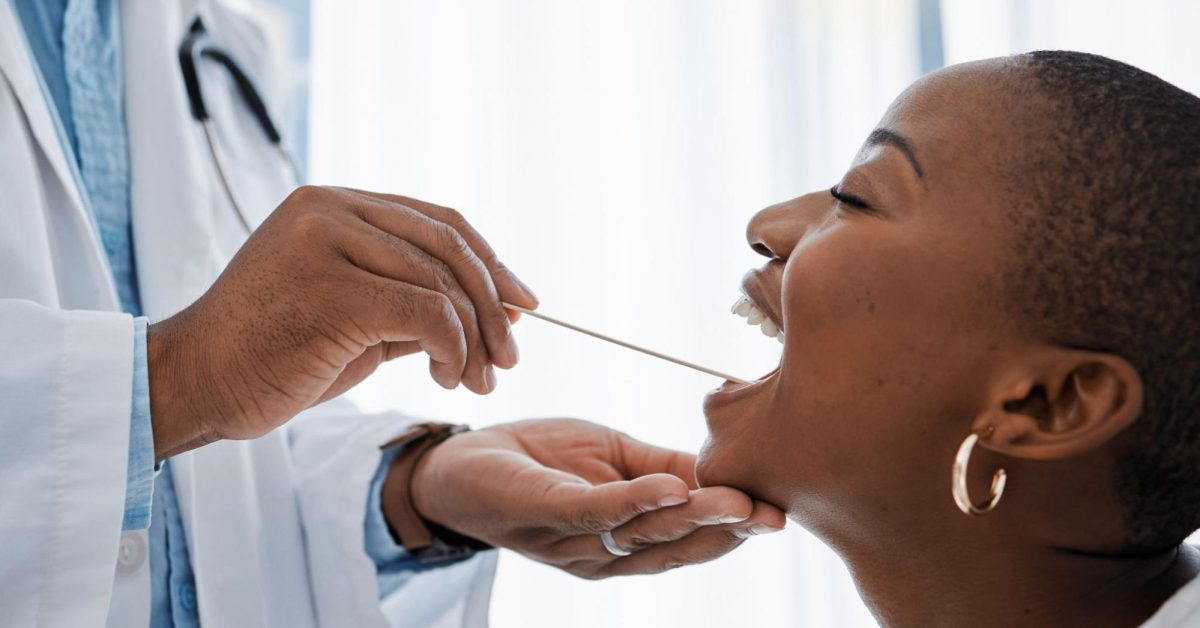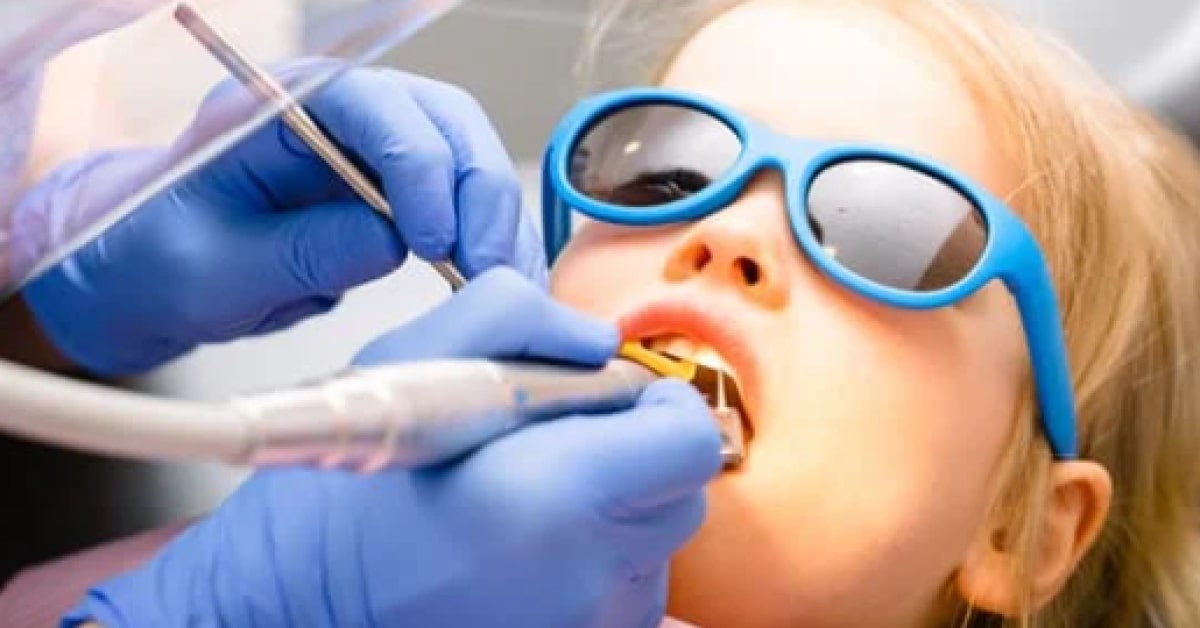Blog
July 07, 2023 • 7 mins readDentists and Oral Cancer: The Vital Connection You Need to Know
Learn about the importance of early detection and the role dentists play in diagnosing and treating oral cancer, as well as how to reduce your risk of developing the disease.
Author
Danielle Duncan

In this Article
Oral cancer is a serious disease that can pose a substantial risk to human life. There are approximately 54,540 new cases of oral cancer in the United States annually. Oral cancer typically affects the tongue, lips, mouth, and throat and early detection is crucial for successful treatment, and dentists play a vital role in detecting and preventing oral cancer.
The history of oral cancer goes back centuries. In ancient Egypt, physicians recorded cases of oral cancer and attempted to treat it with a variety of remedies. In the 19th century, researchers began to study oral cancer more closely and discovered that tobacco use was a major risk factor.
Today, we know that tobacco use, alcohol consumption, and exposure to the human papillomavirus (HPV) are the main risk factors for oral cancer. However, anyone can develop oral cancer, regardless of their risk factors.
Dentists are often the first healthcare professionals to spot signs of oral cancer. During routine dental exams, dentists check for any abnormal growths, sores, or lesions in the mouth. Cancer screening, which involves visually inspecting the mouth and feeling for lumps or bumps in the neck is a common practice throughout dentistry.
When it comes to diagnosing oral cancer, dentists can play a crucial role in identifying early warning signs. Some ways dentists can help include performing routine oral cancer screenings during check-ups, monitoring any changes in the mouth or throat, and performing biopsies on suspicious lesions or growths. By staying vigilant and proactive, dentists can help catch oral cancer in its early stages, increasing the chances of successful treatment and recovery for their patients. It’s important for everyone to prioritize their oral health and visit the dentist regularly to ensure they are doing everything they can to prevent and detect any potential issues.
If a dentist suspects that a patient may have oral cancer, they will refer them to a specialist for further testing and treatment. Treatment for oral cancer may include surgery, radiation therapy, or chemotherapy, depending on the stage and location of the cancer.
Of course, just like any other cancer, prevention is key when it comes to oral cancer. Patients can reduce their risk by avoiding tobacco and excessive alcohol use, practicing good oral hygiene, and getting the HPV vaccine.
In addition to detecting and treating oral cancer, dentists play a crucial role in educating their patients about the disease. By raising awareness about the risks and symptoms of oral cancer, dentists can help their patients take steps to prevent it.
One way dentists can educate their patients about this disease is by providing information about the signs and symptoms to look out for, such as persistent soreness or swelling in the mouth or throat, difficulty swallowing, and mouth ulcers that don’t heal.
Dentists can also discuss lifestyle factors that can increase the risk of oral cancer, such as tobacco use and excessive alcohol consumption, and encourage patients to make healthy choices. It’s important for patients to take an active role in their oral health and work with their dentist to prevent and detect oral cancer early on.
Dentists are an essential in the fight against oral cancer. Their role in detecting and preventing this deadly disease cannot be overstated. By staying vigilant and informed about oral cancer, we can work together to reduce its impact and save lives.



